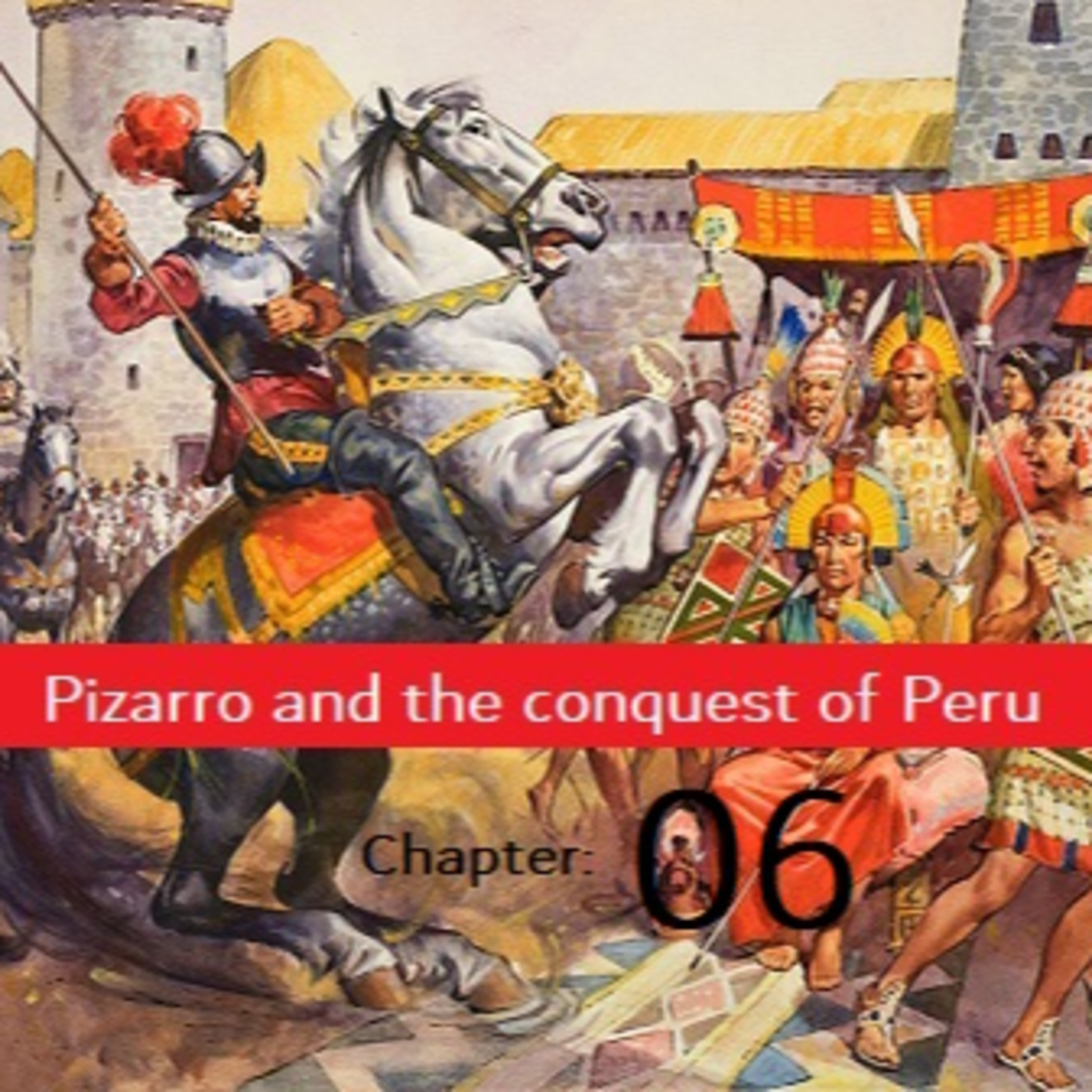
History: Pizarro and the conquest of Peru
By: Frederick A. Ober
Chapter 06
AN APPEAL TO THE CROWN 1528-1530
ACCOMPANIED by Pedro de Candia as a r companion, and several Indians as captives, Pizarro embarked for Spain in the early part of 1528. Besides the Indians, as specimens of the new coimtry’s products, he took with him a pair of llamas, or Peruvian sheep, many colored fabrics woven from their wool, and a rich collection of barbaric ornaments in gold and silver. He imitated his kinsman, Cort6s, in respect to presenting himself before the court with gifts to please the king; for these astute conquerors knew the weakness of the royal Charles, whose appetite for gold was as insatiable as their own.
The resident partners at Panama had, by great exertion, and only after straining their credit to the utmost, raised the sum of fifteen hxmdred ducats, which they gave
Pizarro, with an injunction to make the most of it, as no more would be forthcoming. He came near losing the whole of it, however, soon after landing in Spain, for that wary individual. Lawyer Enciso, who had been with Pizarro and Balboa at Darien, brought out an ancient claim for debts, and clapped the would-be conqueror into jail.
This was the reception offered Pizarro when, for the first time in twenty years, he returned to his native land. His great services to the crown were forgotten, and the only man who remembered him, it seemed, was the rascally lawyer, Enciso. No, there was one other—the king. Charles had been informed of his coming, and thinking there might be somewhat of profit in an expedition which he was called upon to sanction merely —that is, give permission for the invasion of a country not his own, and the plundering of a people over whom he did not rule—^he ordered Pizarro to be released. Not alone that, but he ordered him to appear before him at court, then being held at Toledo.
Pizarro was not slow in complying with the royal mandate, and was delighted, when he arrived at court, to find there his distant relative, Cort6s, who had come for redress of grievances. The two made common cause, it is said, or, at all events, Cort6s coached his tmcouth cousin in the etiquette of the court, and even spoke a good word for him to the king. There is «honor among thieves,» according to the ancient maxim, and when a number of rascals get together for the purpose of plundering honest and peace-loving citizens, they are usually true to one another —until after the plundering has been effected. This trio of plunderers, Charles, Cort6s, and Pizarro, laid their heads together, as it were, and perfected a scheme for the pillaging of Peru.

